Oasis Songs: Musings from Rav D
Friday, July 2, 2021 / 22 Tammuz 5781
Summary: This week’s Oasis Songs is a reflection on how geography shapes us, with an emphasis on Oregon and the wilderness our ancestors traversed.
Reading Time: Two minutes
After college, I lived in New Mexico for a few years. Two friends were from “The Land of Enchantment” and on previous visits I had fallen in love with the high desert terrain, rugged beauty, and the “Three Nations” (Indian, Chicano and Gringo as they were called in those days; clearly the vocabulary has changed) whose stories together created a rich cultural milieu.
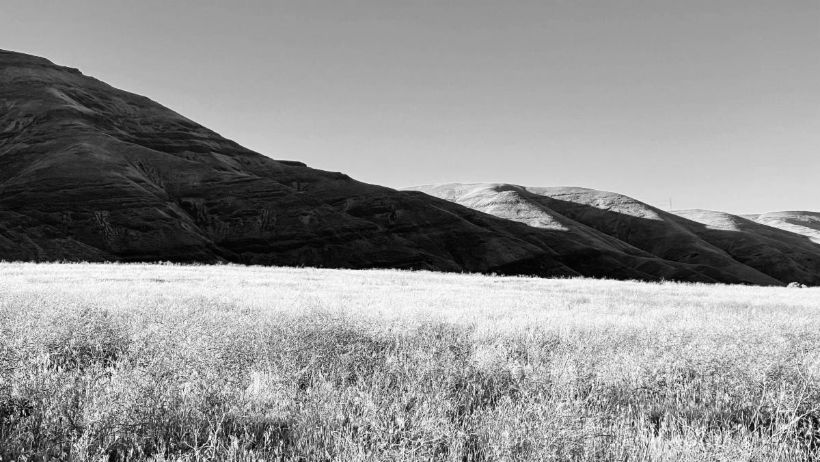
A mountain desert identity was forged in me during those years, which had created a hunger to visit eastern Oregon and the Snake River in Hell’s Canyon on the Idaho-Oregon border. This June, Amitai and I filled those passions. While we camped and hiked, we also drove long distances through immense empty spaces, the sort of emptiness which gives the imagination permission to fill in the barren contours of mountains and plains.
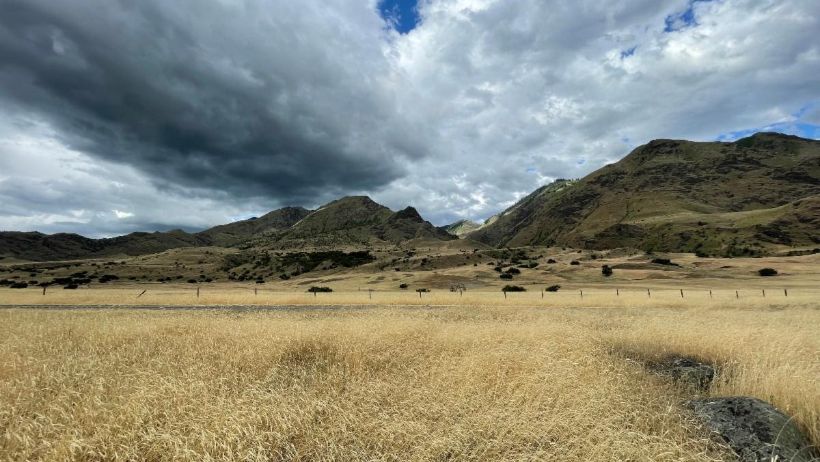
What I discovered on my return is how many lifelong Oregonians have not ventured into the far reaches of our state. When I told congregants and Portlanders about where we had been, again and again I heard from deep-rooted members of the community how they had never explored the very different landscapes—and soulscapes—of our home.
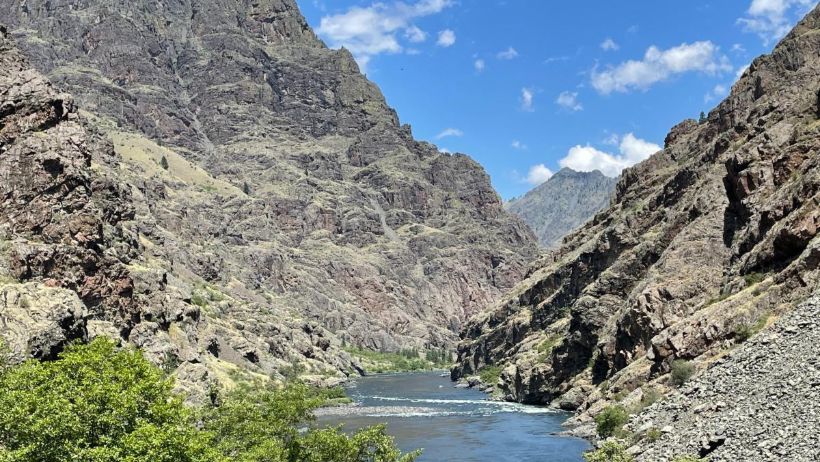 For Jewish Oregonians, this loss has an additional dimension. We are the forebears of a wilderness people. Our great national stories arose not just in the urban centers of Egypt where we experienced slavery, but also in the vacant stretches where our freedom was forged, and a set of shared values and goals was developed.
For Jewish Oregonians, this loss has an additional dimension. We are the forebears of a wilderness people. Our great national stories arose not just in the urban centers of Egypt where we experienced slavery, but also in the vacant stretches where our freedom was forged, and a set of shared values and goals was developed.
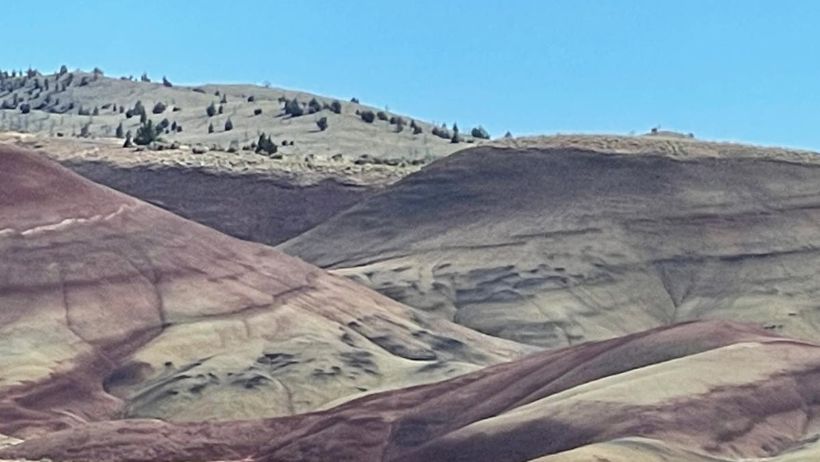
Oregon knows from wine—and grapes are grown all over the state. Anyone who has developed an interest in vinology appreciates how terroir, or geography, shapes the spirit of a wine. Mineral soil, traverse winds, or an absence of surface water that makes the roots stretch deep—all these impact a wine’s character.
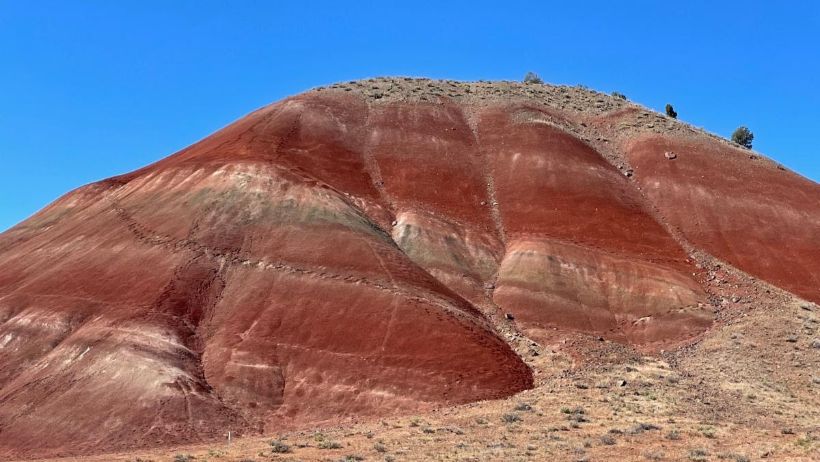
Humans aren’t much different. We speak of nature and nurture as determinants in our personalities. Human geography tries to mine the connections between human settlement, landscape, and culture. I don’t believe that Abraham or Moses would have been able to generate their radical insights in the middle of bustling cities. The vast quiet of Oregon’s eastern stretches also lets you hear things that otherwise are drowned in static.
Included here are some images from our time away. I hope they arouse in you a sense of wonder for our beautiful state, while sparking your own imagination to drift on the undulations of hill, sky, and water. As we celebrate the 4th of July and its promise of political freedom, may you also experience the restorative freedom of imagination.
Shabbat shalom,
Rav D
Shabbat Table Talk
- Which landscapes do you feel particularly connected to?
- Have different places impacted the way you feel or think?
- Do you have a connection to desert or wilderness?
If you’d like to continue this discussion, follow this link to CNS’s Facebook page to share your own perspectives on the topics raised in this week’s Oasis Songs. Comments will be moderated as necessary.



